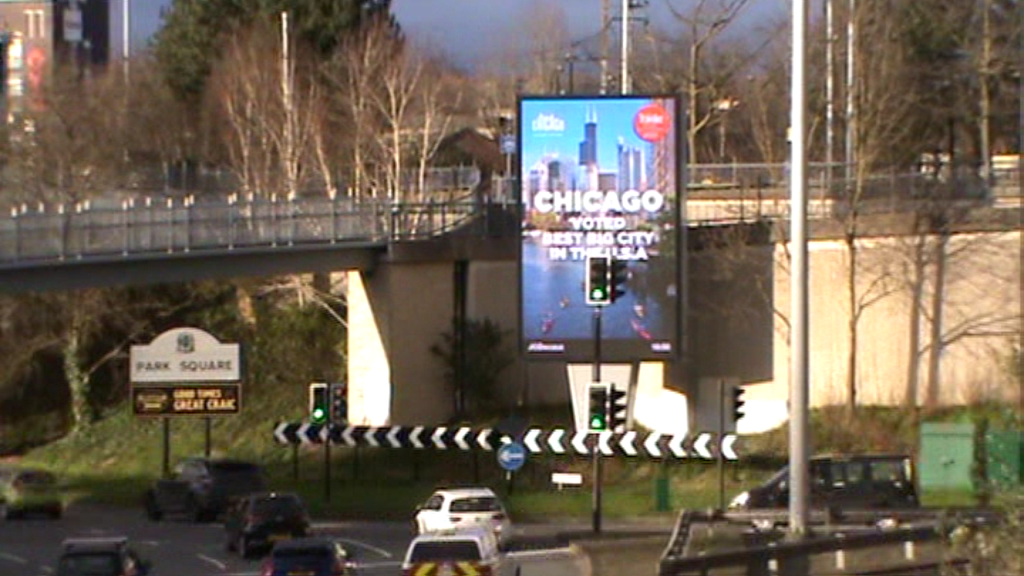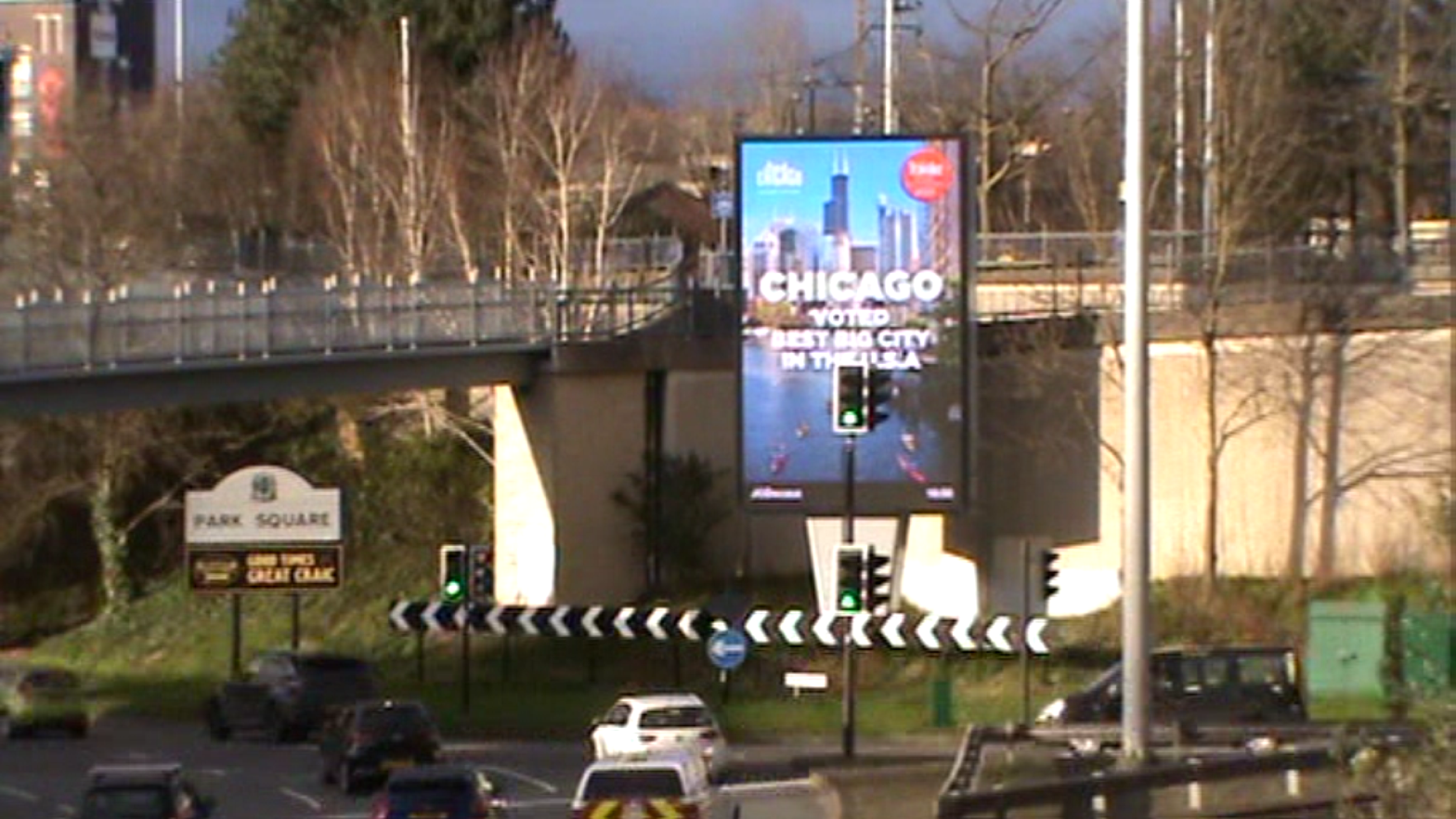I’m an adman’s nightmare! I am adept at ignoring adverts. In the newspaper, I just don’t focus on them. On my computer, I have an Adblocker. On the tele when ads appear, that’s the time to make a cuppa or do a wordle or a chess puzzle. Give me a quiz about logos and brand names and I will be proud to get the lowest mark in the room! If an ad is so invasive it does penetrate my brain I file it in “companies to avoid because they spend too much on advertising”!
Why do I detest adverts so much? Their job is to make us unhappy and discontent with our lot. They seek to make us buy stuff we don’t need and probably can’t afford, which is bad for the planet and often bad for our health. This all impacts mental health especially when parents can’t afford the latest gadget their children have seen on the tele or the new football strip sold at an exorbitant price that will go out of date by the end of the season.
By making us want to buy more products, advertising essentially shapes how we spend our time. If we place a higher value on spending money on consumer products rather than spending quality time with our loved ones or enjoying nature, we will likely give greater importance to work and end up putting in longer working hours, to earn more to buy more.
There are negative effects of long working hours on the environment. Working longer hours to buy more ‘stuff’ results in greater greenhouse gas emissions and other negative ecological impacts. Working longer hours is also problematic as it steals from people the time to engage in more sustainable behaviours, such as growing your own food, cooking from scratch, being an active citizen or going for a walk or a bike ride.
We only have one planet, so there is a limited amount of “stuff” we can manufacture and consume without destroying the ecosystem we depend on for everything.
So I was very pleased by Sheffield City Council’s recent decision on advertising. Last Monday the Finance Committee agreed to a ban on ads for junk food, sugary drinks, petrol cars, flights, alcohol, gambling and vaping. Sheffield has gone further than other cities like Bristol and Norwich as they have also banned high-carbon car and flight advertising.
The policy will apply to advertising locations owned by the Council, including 17 large panels and billboards and 129 smaller advertising panels managed for the city by JCDecaux and ClearChannel. It will lead to an estimated 20-30% reduction of the Council’s revenue from outdoor ads – between £56,000 and £84,000 per year – which the Council appears willing to lose to align its advertising policy with its ethics.
Darnall Ward Councillor Zahira Naz was quoted in Now Then as saying: “This is an ambitious policy. It’s going to take time. But it’s going in the right direction.”
The city hopes banning the ads will help address childhood obesity, excessive drinking, gambling addiction and recreational vaping (not including vaping to quit smoking), as well as reduce consumption of high-carbon products that contribute to climate change.

This advertising screen is particularly distracting to drivers, especially as it is right behind the traffic lights.
Recent research by AdFree Cities evidences that advertising and inequality go hand in hand. A case study in Sheffield shows that 56% of outdoor advertising is in the 3 most deprived areas and there’s only 8% in the 3 least deprived areas.
Green Party Councillor Marianne Elliot said;
“Advertising has a direct effect on the way we make decisions and children are particularly vulnerable to marketing techniques that promote unhealthy diets.
“I’m pleased that the policy recognises that it is irresponsible to promote food and drink with little or no nutritional value that’s high in sugar and fat. It also recognises that gambling is a public health issue.
“The policy even goes as far as stating that high carbon/ fossil fuel organisations and products can influence opinion by using greenwashing to mislead people. This is real progress. Introducing this policy is a strong move for Sheffield as it tackles some of the impacts of consumerism, advertising and injustice. If we seriously want to move away from greenwashing and promoting products and foods that are making our health worse and negatively affecting our wellbeing we need policies like this.
“If I were to draw out any areas for improvement, I’d like to see restrictions on fossil fuel financiers like the big banks – Barclays and HSBC for example.”
It’s important to note what is not covered by the new policy. It does not include adverts on bus stops (controlled by the Mayor), phone boxes or privately owned property. We need to lobby the South Yorkshire Mayoral Combined Authority to follow suit with a review of its bus stop advertising. Neither does it include the inconsiderate positioning of advertising boards. Sometimes they obstruct pavements and cycle lanes and this must be stopped. Advertising can cause light pollution and detrimentally affect wildlife which should be a planning consideration. Hopefully, other local authorities will be inspired by Sheffield’s progressive policy too.
Sheffield Extinction Rebellion discussed the new policy with Nicola from AdFree Cities on Monday. She spoke about the report Unavoidable Impact and encouraged us to think how our city could be without invasive outdoor advertising that we can’t switch off. It was encouraging to hear of successes in Bristol where they have prevented planning applications for 14 digital advertising screens being passed and of communities that have been able to repurpose advertising hoardings for beautiful and motivating artwork such as Burg Arts.
Zak Viney from the Sheffield Group of Adfree Cities said “I commend Sheffield City Council for adopting a bold policy which has restricted advertisement of harmful adverts on council land, including fossil fuel, gambling and junk food products.
Whilst the policy is certainly nationally one of the most progressive to remove harmful advertising from our cities, more action is needed on outdoor advertising.
Specifically, digital billboards, which can consume as much electricity as 4-11 family homes, be a distraction to motorists and act as a source of light pollution and wildlife disruption.”
Veronica Wignall, co-director at Adfree Cities said;
“This is a bold and common sense policy that firmly prioritises climate action and the health and wellbeing of people in Sheffield over the financial profits of advertising companies and global brands. Sheffield has set a standard for other councils across the UK – we hope to see many others follow suit.”
References
Previous article
Sheffield Green Party
Adbusters
Now Then
Julia Armstrong in The Star
Get TelltheTruthSheffield.org posts straight in your inbox for free!
If you value the work of TelltheTruthSheffield.org please help cover the costs.
Make a one-time donation
Make a monthly donation
Make a yearly donation
Choose an amount
Or enter a custom amount
Your contribution is appreciated.
Your contribution is appreciated.
Your contribution is appreciated.
DonateDonate monthlyDonate yearly
